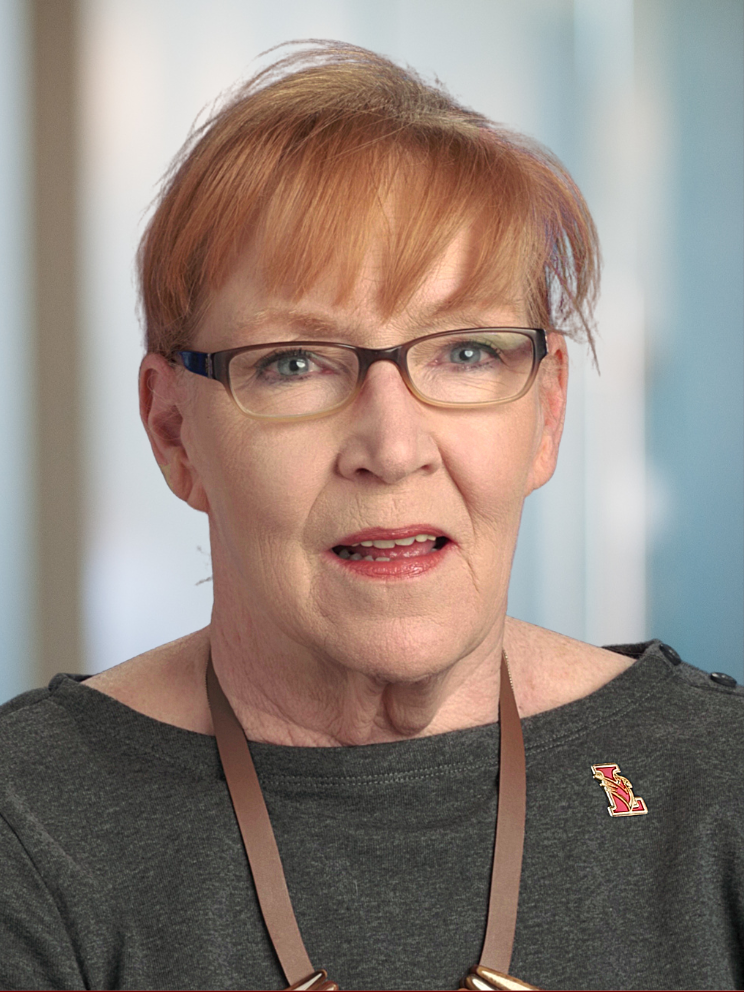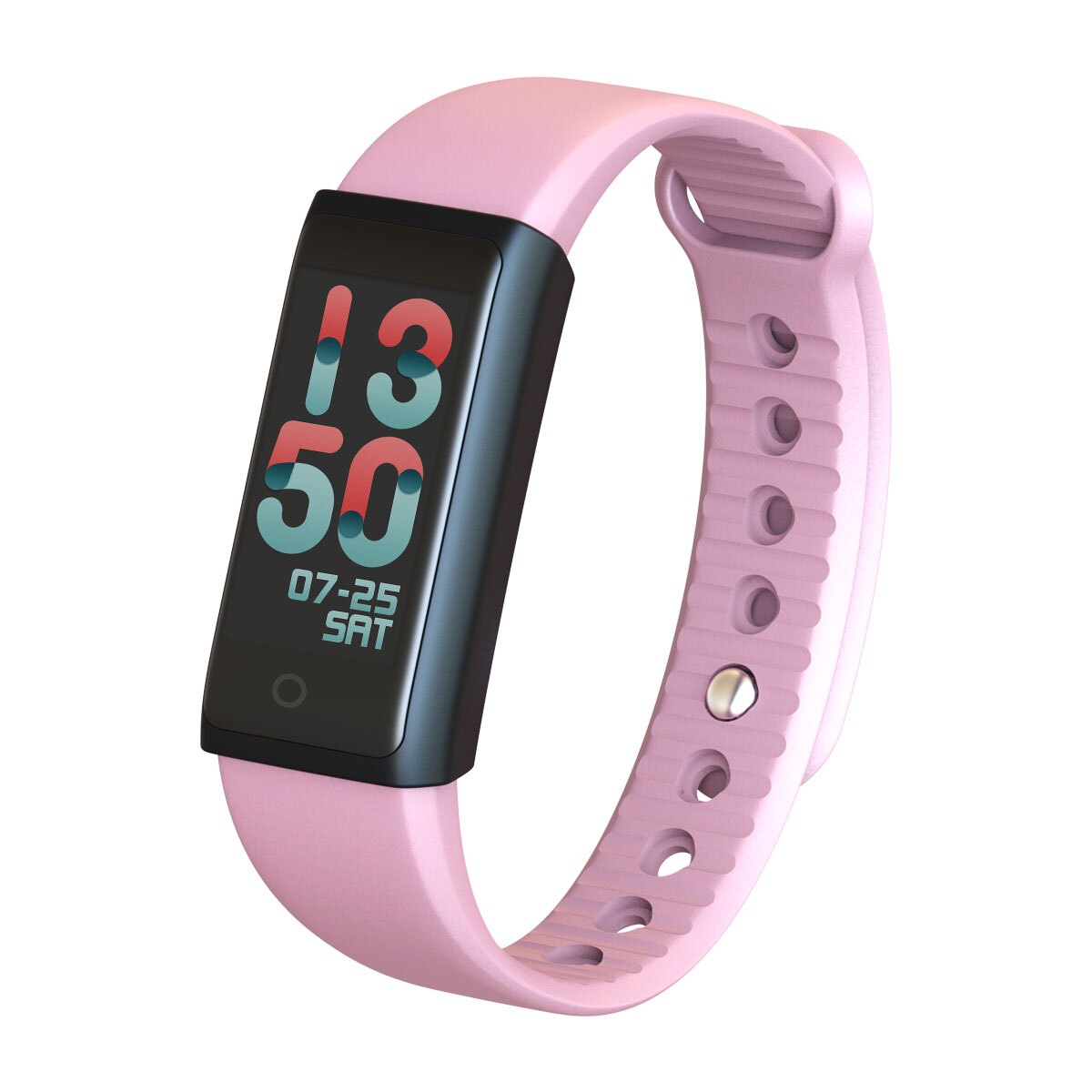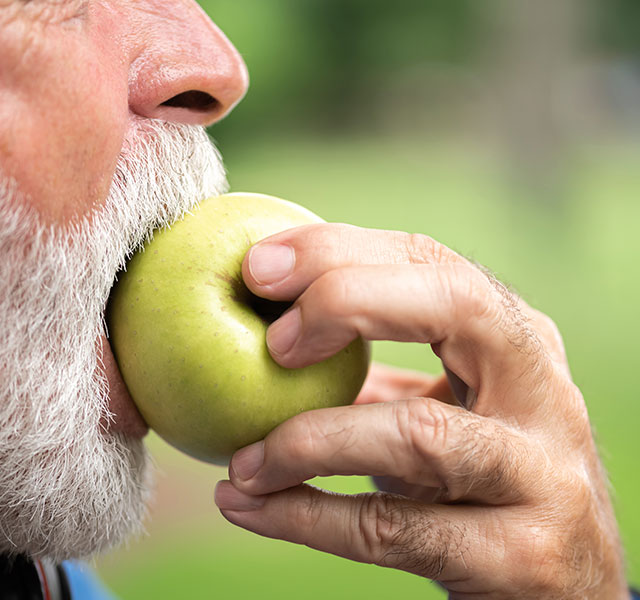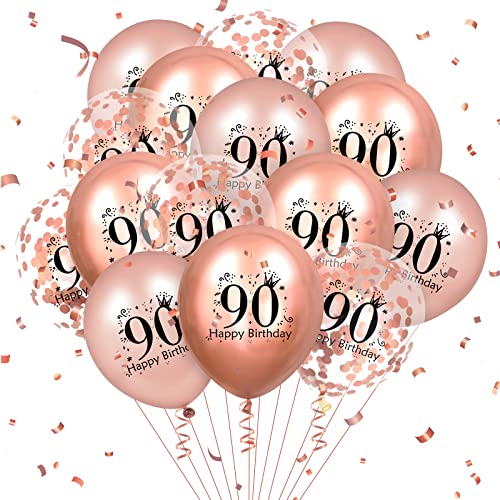I have joined the 17 percent of American adults over 50 who wear a smartwatch or fitness tracker to monitor their health. This purchase brought an eye roll and a snicker from my young-adult daughters, who know how much I hate to exercise. I don’t own a pair of yoga pants or a sports bra. Not a sneaker in sight. So, what would possess me to join the movement? (Pardon the pun.) I’m using my FitBit to track my sleep.
In the last few years, I’ve noticed a change in my brainpower. Not only do I enter a room only to ask myself why I’m there, or lose the name of someone who was just introduced to me, I no longer seem to hold multiple thoughts in my head simultaneously. For instance, I regularly leave the house without everything I need. I’ll thoroughly prepare for a meeting, then honor my inner Girl Scout by bringing tissues, cough drops, extra pens and a safety pin—but leave my meeting notes on the counter. I sometimes find myself a few beats behind in a conversation and need to have something repeated, not because I don’t hear well but because it didn’t register. And most days by 5 pm, I really want a nap.
As a contributor to the Silver Century Foundation, I read a great deal about the aging brain. Our brains don’t lose the ability to make new cells as we get older, so I don’t have to take memory lapses lying down. Or, in my case, I should take them lying down because not getting the proper amount of rest is often a reason for lack of focus. Enter my new wrist accessory, which monitors sleep and costs about the same as a visit to my doctor.
After a week of wear, I had a good idea of my baseline sleep time, which was about 80 percent of my goal of eight hours a night. Not only am I sleeping fewer hours than I would like but I am also getting less deep sleep than is optimal.
To get more (and better) sleep, I need to make some changes. I freelance and usually start my workday late. In the three years since my younger child went off to college, my default alarm has been my dog, but several mornings a month I need to rise and shine for a meeting or a breakfast date. I have to find a way that an earlier wake time won’t leave me feeling sleep deprived. My FitBit has alarms that can remind me to go to bed and get up at the same time every day. A regular routine like that can improve sleep.
I’m also aware that environment plays a big role in whether we enjoy quality sleep, so I put my phone away 30 minutes before bed and read paper books. There’s no TV in my room, my bed is an oasis of cloud-like comfort and I keep the thermostat very low.
My FitBit offers more health benefits than sleep tracking, and I’ll share them in future posts. First, I plan to share my sleep log with my doctor, but if she suggests I sleep without the dog, I’ll switch doctors.

Pepper Evans works as an independent-living consultant, helping older adults age in place. She is the empty-nest mother of two adult daughters and has extensive personal and professional experience as a caregiver. She has worked as a researcher and editor for authors and filmmakers. She also puts her time and resources to use in the nonprofit sector and serves on the Board of Education in Lawrence Township, NJ.



